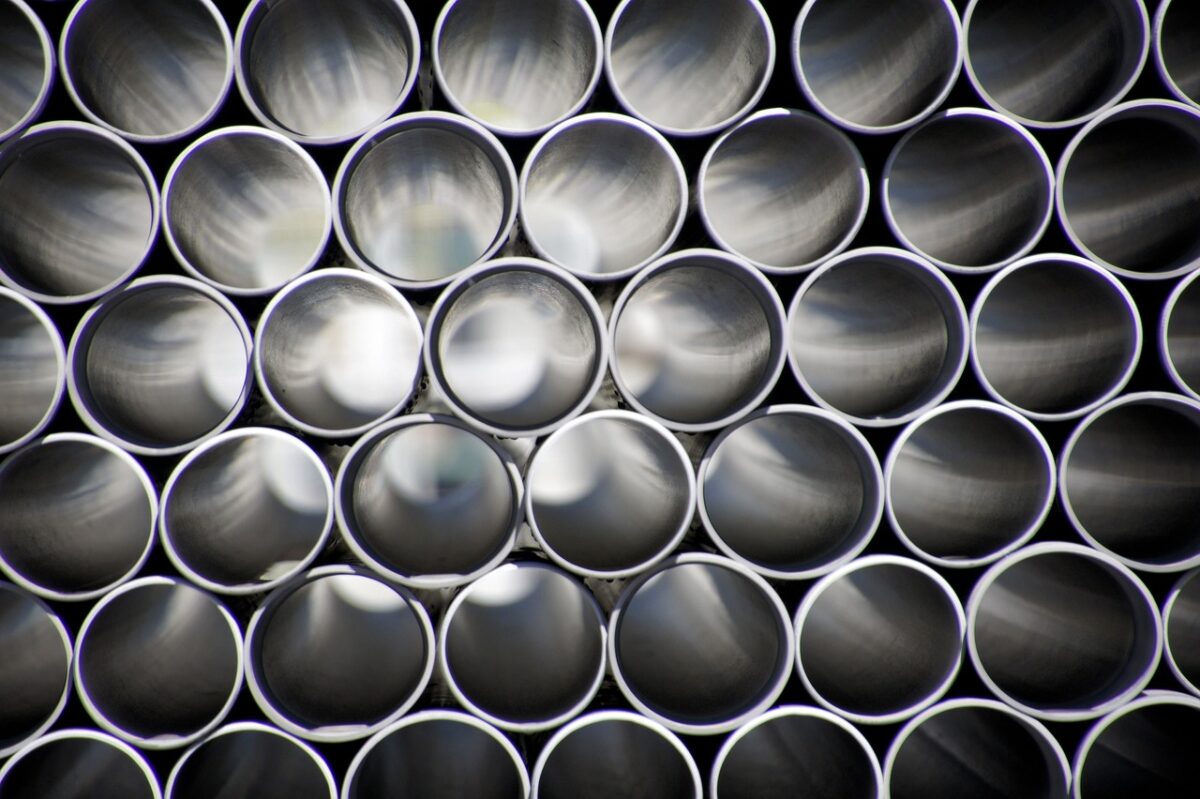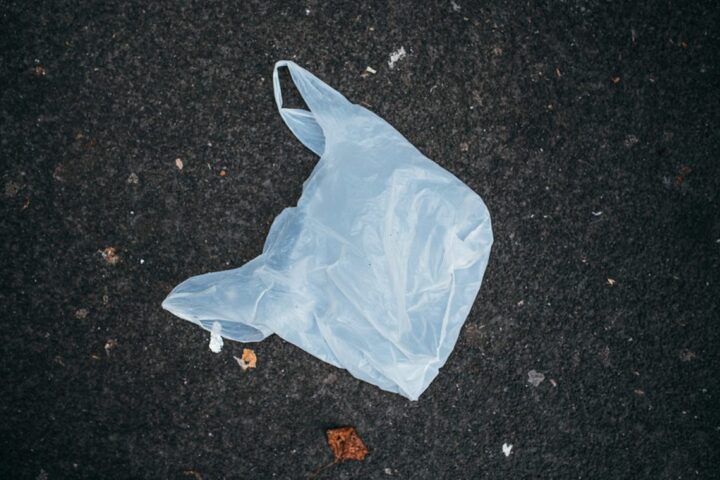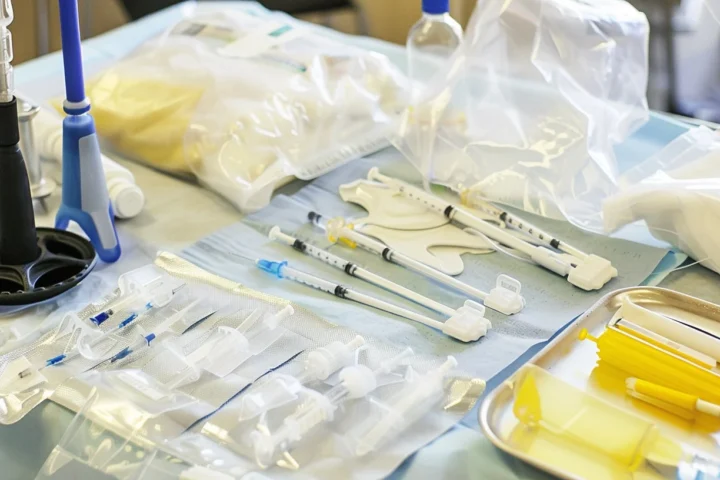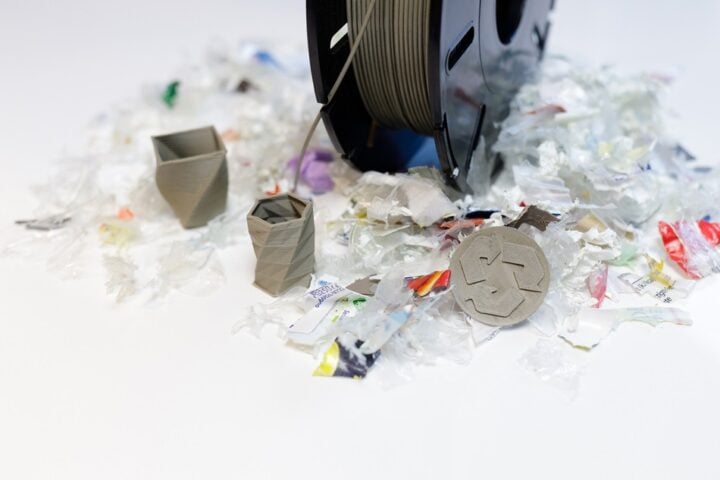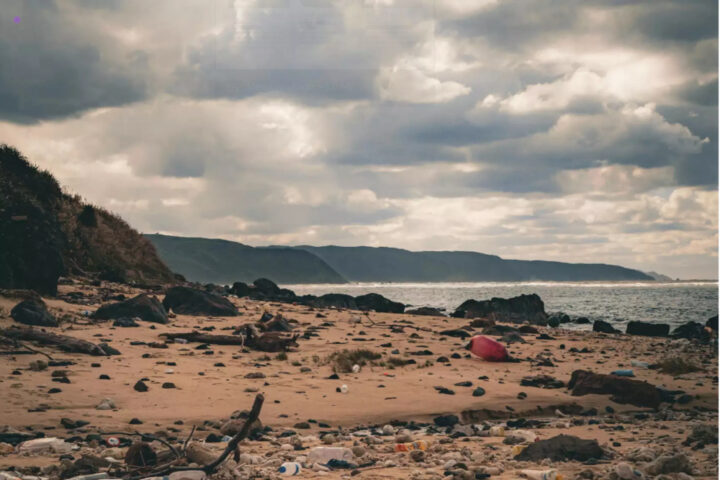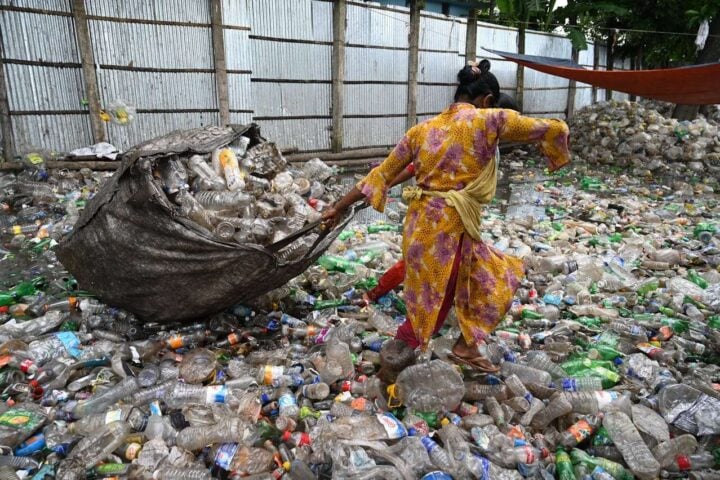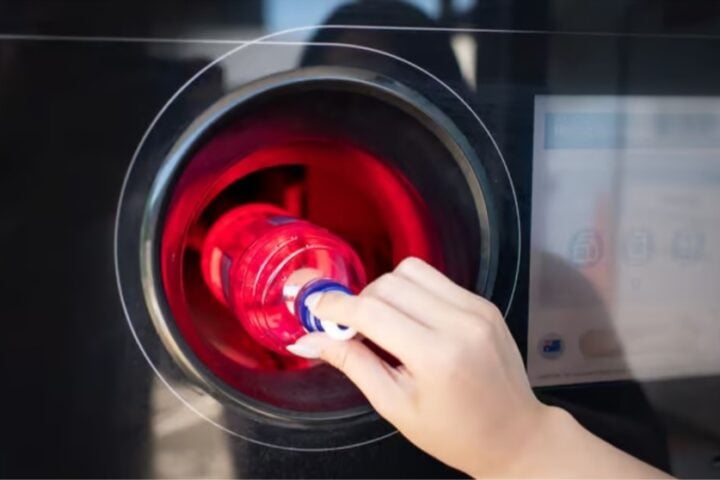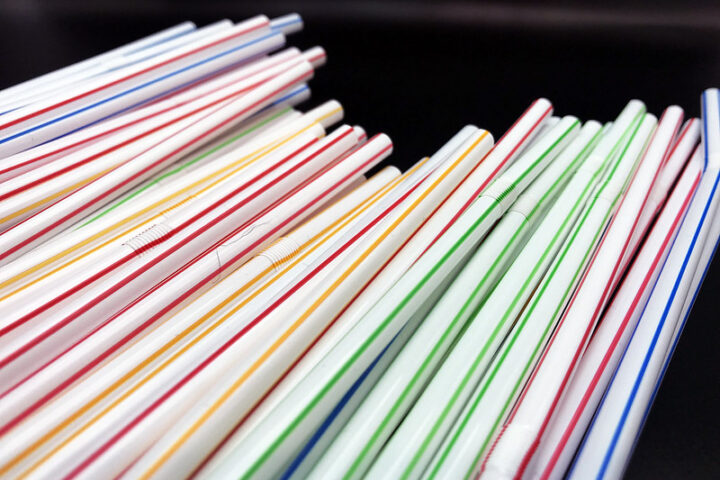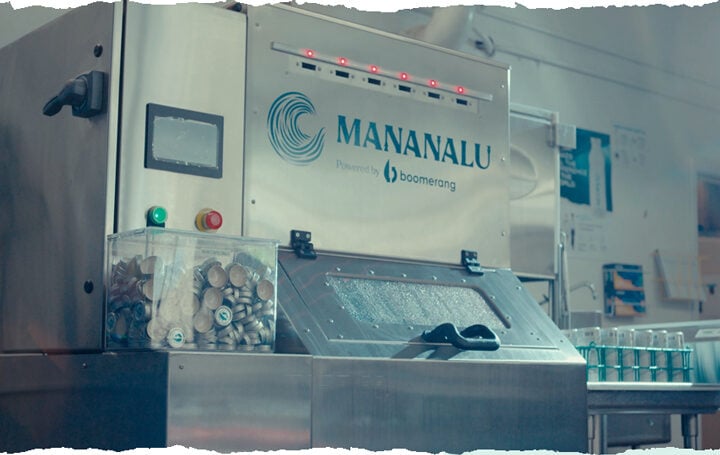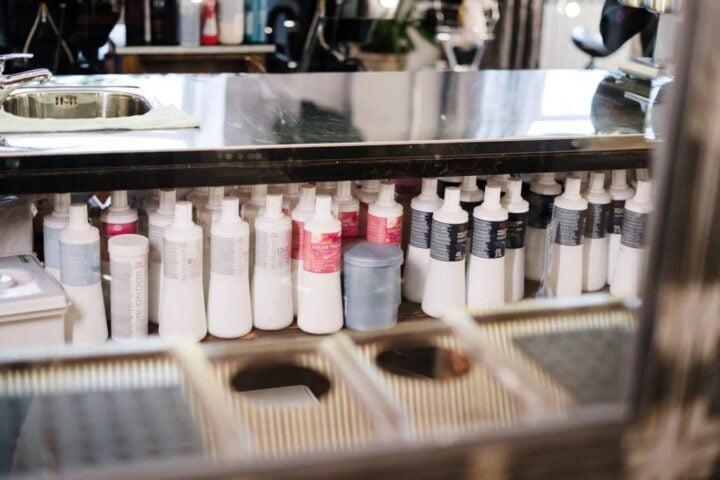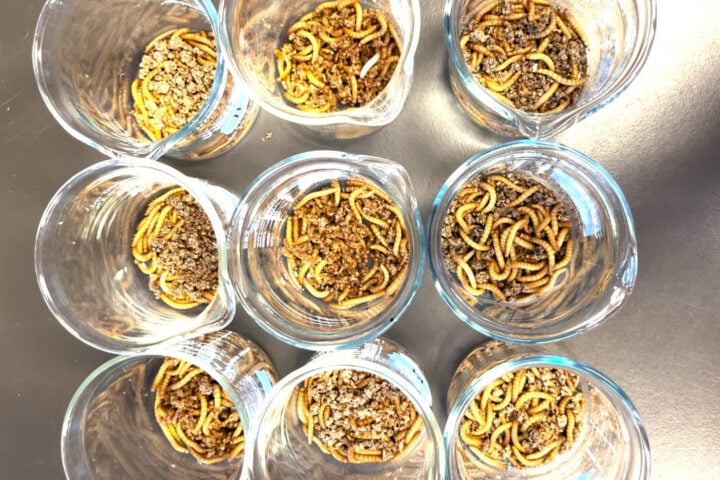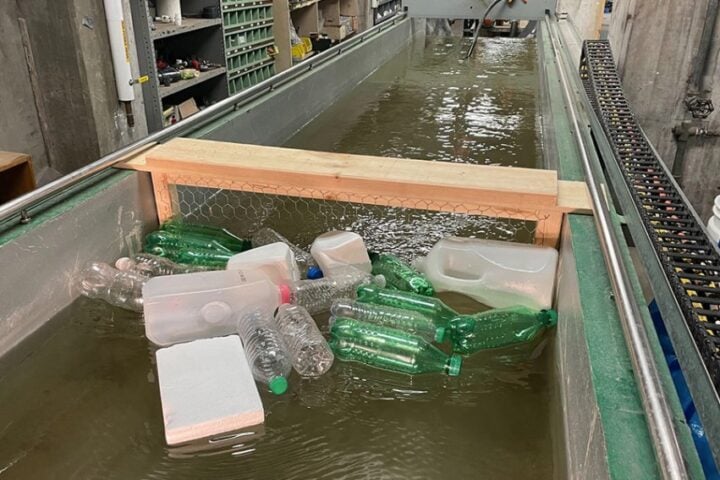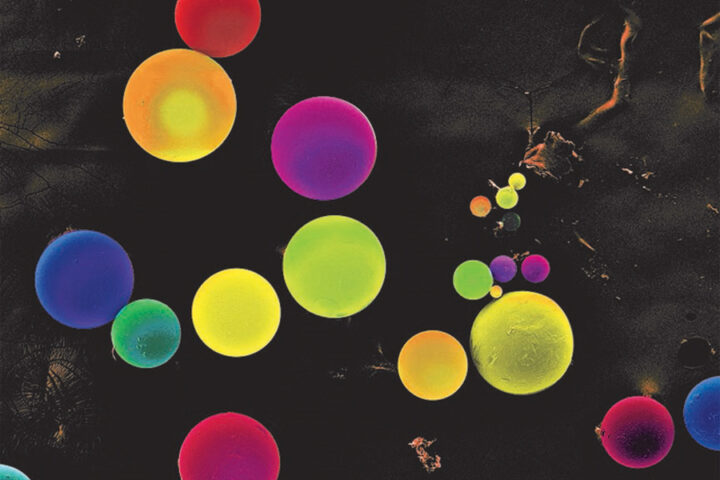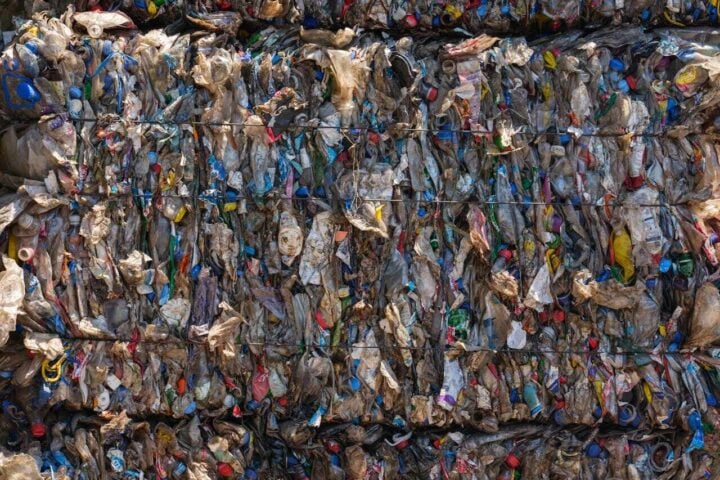Beyond Plastics, a non-profit organization, is pursuing the end of plastic pollution through campaigns against the use of PVC to replace lead water pipes. A 56-page report was released by the group on April 18, highlighting the human health risks associated with PVC and recommending avoidance of its use as well as CPVC for water pipes.
According to Judith Enck, president of Beyond Plastics and former EPA regional administrator, roughly 30–60 different toxic chemicals released by PVC and CPVC pipes and their fittings have been documented by independent researchers.
Given the potential health consequences, the report raises concerns about the use of PVC pipes for drinking water. Meeting the legally recognized standard for water pipes in the US and Canada, it is argued by plastic pipe trader groups that PVC pipes are safe and have been rigorously tested for nearly 60 years.
According to the Vinyl Institute, a trade group representing vinyl manufacturers, many municipal governments rely on PVC to bring clean drinking water to their residents. The issue is made relevant now by the $15 billion spent by the US federal government to help municipalities replace lead water service lines.
In roughly 9,2 million US houses and 400,000 schools and daycare centers, lead service lines carrying water from the mains in the street to the plumbing system in their buildings are still present.
According to the Beyond Plastics report, the $15 billion provided by the federal government does not offer guidance around what piping materials should be used to prevent homes from swapping one problematic material for another.
As claimed by the report, some chemical additives in PVC are known to be toxic to humans, and many of these have yet to be tested for safety. According to the report, drinking water can be contaminated by these chemicals leaching into it, posing a risk to communities.
In October, a campaign launched by the Plastic Pollution Coalition urged local decision-makers not to replace lead service lines with plastic pipe and to provide all households with options other than bottled water.
Beyond Plastics recommended pipes made from stainless steel or unlined recycled copper as alternatives to lead service lines. Although the cost of these materials is higher, they are similar in cost to install when it comes to labor and machinery.
The Uni-Bell PVC Pipe Association has not yet responded to the request for comment on the report. High-density polyethylene, cross-linked polyethylene, and copper are used for water service lines instead of PVC. When PVC pipe is used, it is safe, according to the executive director of the Uni-Bell PVC Pipe Association.
As an example of the threat that vinyl chloride poses to America, a ban on vinyl chloride monomer, which is an essential ingredient in PVC, is being called for by Beyond Plastics. Beyond Plastics argues that PVC and CPVC don’t have enough scientific evidence to suggest their safety for use in water pipes.
The cost of the recommended pipe alternatives, such as stainless steel or unlined recycled copper, may be higher, but they are arguably similar in cost to install.
According to Dr. Shanna Swan, a professor at the Icahn School of Medicine at Mount Sinai, communities are at risk of a range of known and suspected health effects from exposure to PVC and the toxic chemicals it contains.
As the US federal government has committed to spending $15 billion to help municipalities, the issue of replacing lead water service lines with PVC is particularly relevant. The Beyond Plastics report urges state and local officials to avoid using PVC and CPVC for water pipes.
